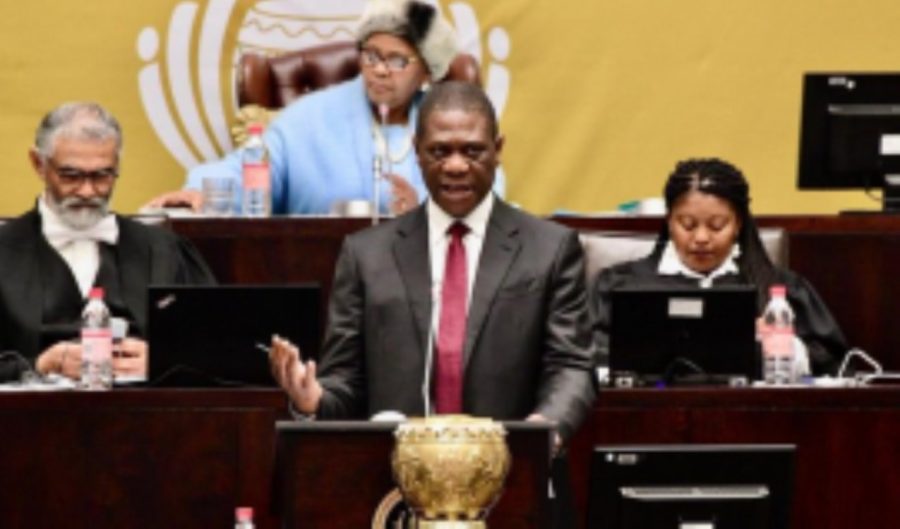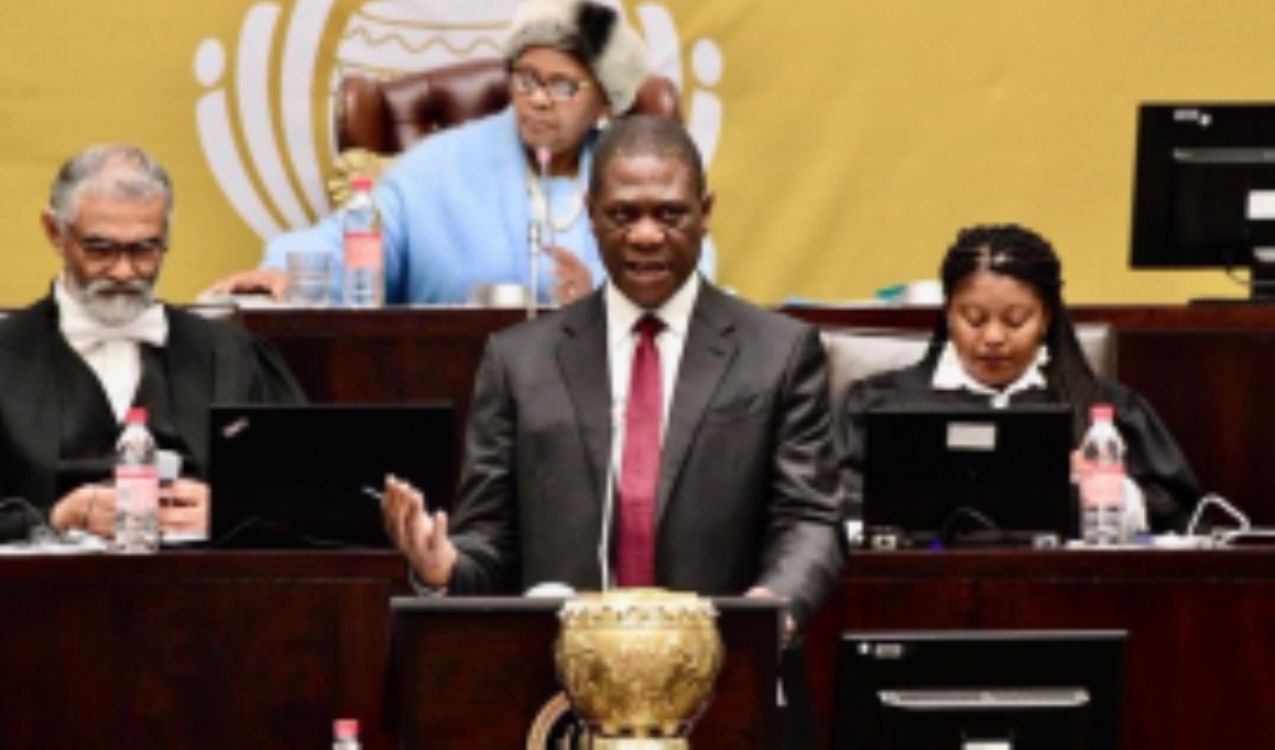
Deputy President calls on investors to not abandon SA
Deputy President Paul Mashatile has urged investors to continue investing in the country as more needs to be done to change the fortunes of the economy and create enough jobs to absorb new labour market entrants. “More than ever before, the Government and the business sector must work together to fund and invest in projects […]

Deputy President Paul Mashatile has urged investors to continue investing in the country as more needs to be done to change the fortunes of the economy and create enough jobs to absorb new labour market entrants.
“More than ever before, the Government and the business sector must work together to fund and invest in projects that can generate both income and profit and unearth investment opportunities in the country,” the Deputy Minister said on Wednesday.
Virtually addressing the Ninety One Global Investment Summit, Mashatile commended the sector for its continued investments in youth development initiatives as demonstrated through the Youth Employment Stimulus (YES) initiative as well as investment in improving access to clean, reliable water in the country.
“We must work together to build and strengthen our economy. We must find real-world solutions to the burning issues of poverty, unemployment and inequality that confront us as a people.
“In this regard, we urge you to work with us through Infrastructure South Africa to partner on our infrastructure portfolio. Including partner with the Department of Water to invest in water infrastructure so as to avoid another crisis in that sector,” the Deputy President said.
Through Operation Vulindlela, the Department of Water and Sanitation is working towards resolving 80% of water-use licences as requested by mining companies within 90 days.
“We assure you that there are many investment prospects in South Africa. Investors may consider investing in industries such as manufacturing, agribusiness, transport and logistics, the ocean economy, the digital economy, and renewable energy. As a matter of urgency, solving the energy crisis remains at the top of our agenda as Government,” Mashatile said.
He said government wants to work together with business to work to stabilise the energy supply by fixing Eskom and improving the availability of existing supply as well as enabling and accelerating private investment in generation capacity.
Moreover, the partnership could collaborate on accelerating the procurement of new capacity from renewables, gas, and battery storage; unleash businesses and households to invest in rooftop solar, and fundamentally transform the electricity sector to achieve long-term energy security.
“Equally, Government continues to rapidly implement the Integrated Resource Plan 2019 by procuring additional energy capacity through renewable energy procurement programmes,” the Deputy Minister said.
In addition, the following measures have been taken and will continue to be taken:
- Releasing further bid windows on an accelerated basis. Bid Window 7 should be released this month for 5000 MW of solar PV and wind, further RFPs for 1200 MW of battery storage, and 3000 MW of gas, and preparatory work should be undertaken to explore a “mega bid window” or rolling bid window.
- Procured emergency power solutions. A Ministerial Determination has been issued and a procurement and funding strategy has been developed.
- Cross-border power purchases from neighbouring countries. A Ministerial Determination has also been issued to secure 1000 MW of additional power from Mozambique, which could be made available within 6 months of the PPA signature. The Minister of Electricity has already concluded an agreement with his counterpart in Mozambique in this regard.
“We are also intensifying our investment drive and eliminating the red tape across the government. We must improve the time it takes to make decisions, this include the issuing of business licences and general approvals. In this regard, The Presidency has established a ‘red tape team’ to facilitate business operations.
“The government is also reducing bureaucracy through the simplification of administrative procedures. That when the private sector interacts with government agencies, businesses must navigate intricate and time-consuming administrative procedures. We must reduce unnecessary red tape,” the Deputy Minister said.
Just Energy Transition
While South Africa works towards a just energy transition, government will not abandon the existing base-load energy sources with speed.
“However, as work towards the just transition, we will not transition in darkness. It would be irresponsible of us, given our current energy supply challenges, to simply abandon the existing base-load energy sources with haste and no guarantees for our economy’s long-term energy security.
“Through the Just Energy Transition Partnership, we are demonstrating our collective dedication to easing the negative effects of the energy transition on South Africa’s economy, workforce, and communities,” Mashatile said.
The Just Energy Transition Plan guides the nation’s transition from fossil fuels to a sustainable and equitable energy system, without occasioning a bloodbath of job losses.
“Our Just Energy Transition Investment Plan for the five years from 2022–2027 outlines the scale of need and the investments required to meet the decarbonisation commitments in our Nationally Determined Contribution, which outlines the rate at which South Africa intends to reduce greenhouse gas emissions and represents South Africa’s fair contribution to the Paris Agreement goals,” the Deputy Minister said. – SAnews.gov.za
